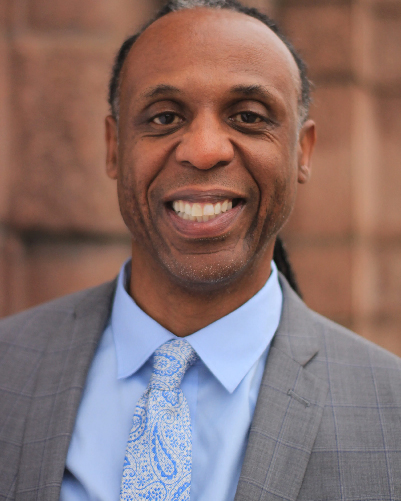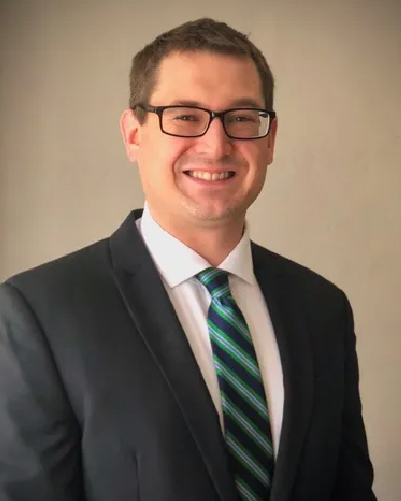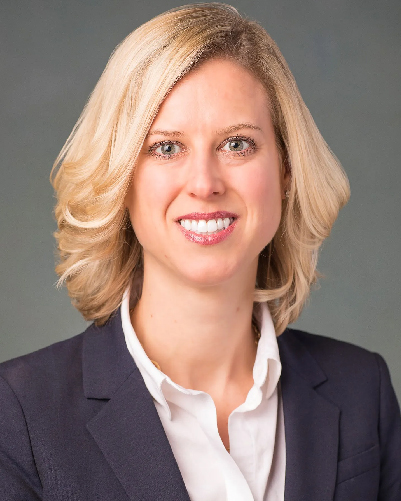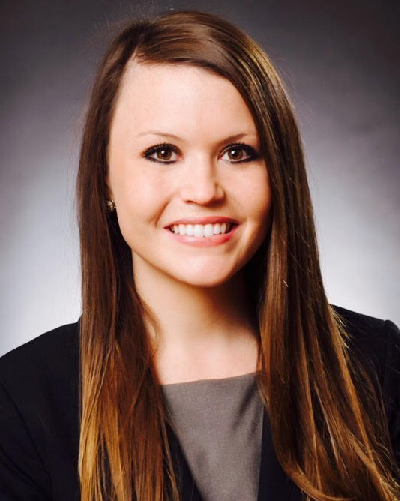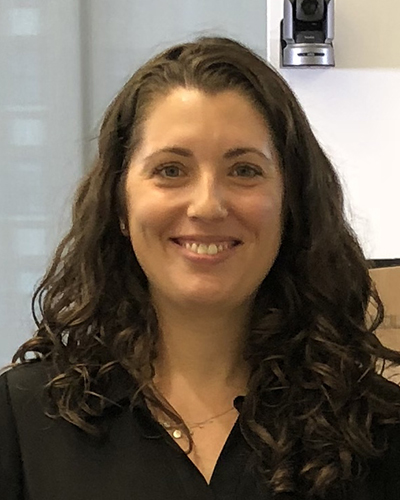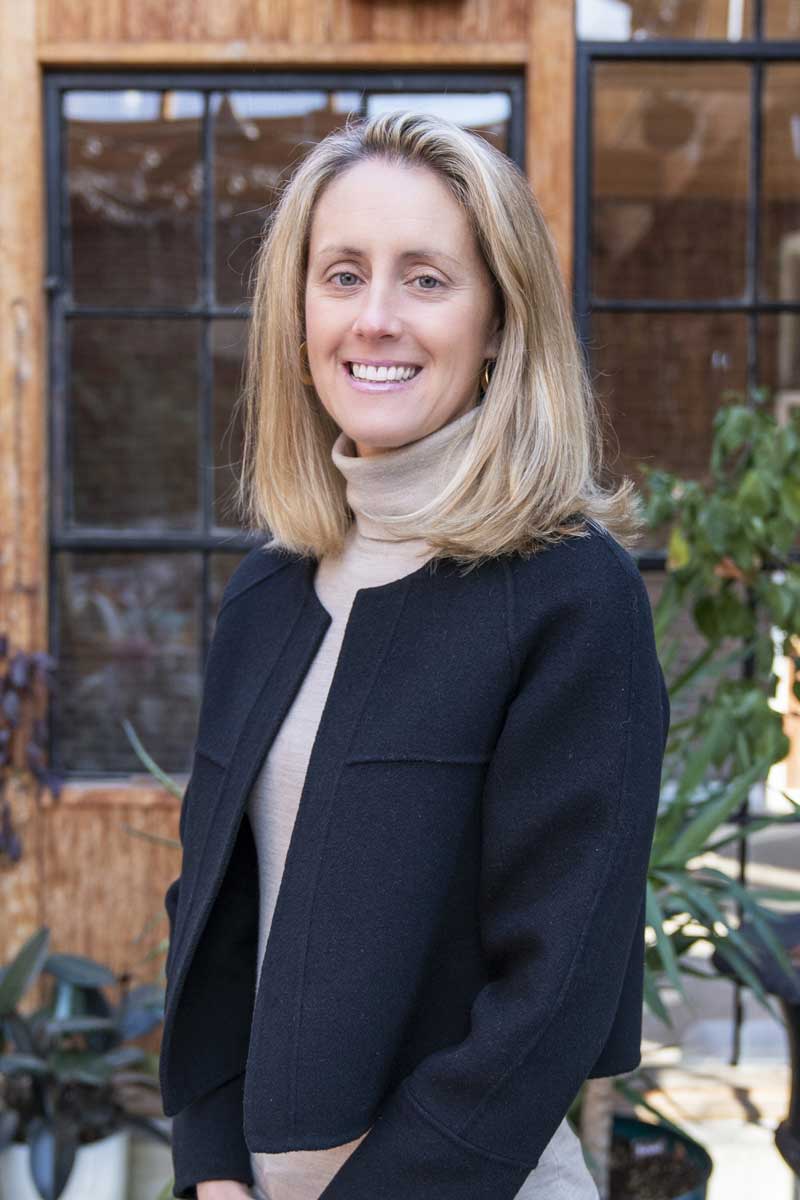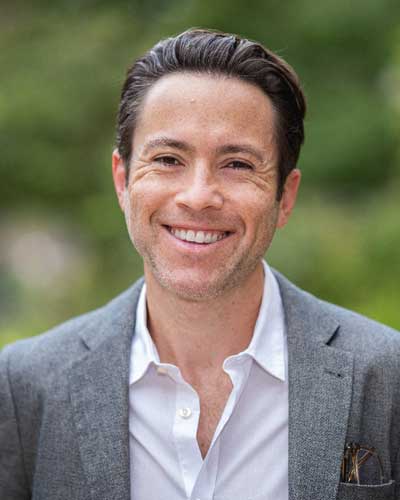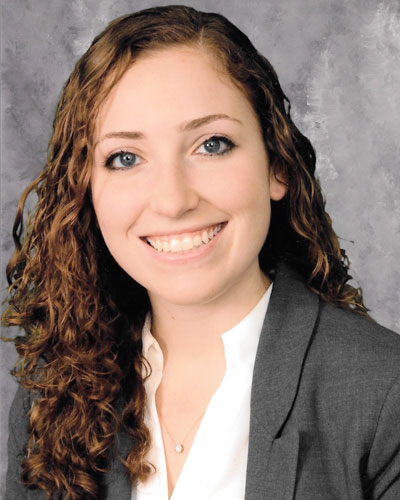The Problem:
It’s no secret that healthcare in the U.S. is expensive. In 2022 alone, one in three Americans chose to “tough it out” over an illness or injury instead of going to the doctor, out of fear of what they might be billed. Health insurance, while not perfect, can relieve a huge proportion of those concerns, bringing the cost of an urgent care visit down 80%-100% depending on your coverage.
Now imagine you were just released from jail. You’re juggling a transition back to society, looking for a new job, and likely suffering from some kind of injury or chronic illness—-because individuals who have been in jail are more likely than those who haven’t been to jail to live with an injury or chronic illness. Without health insurance, how can you manage your health? And without your health, how can you successfully reenter society?
What if you didn’t have to leave jail without health insurance? What if you could be covered the second you stepped outside the building?
The Solution:
Ernest McDonnell, a community health worker at the Buzz Westfall Justice Center, is making this happen for the people he works with in the St. Louis County jail. “Lots of my people are eligible for Medicaid, but either they don’t know they are, or they don’t know how to access it,” says McDonnell. By screening individuals when they come into the jail, McDonnell has been identifying those eligible for Medicaid; those eligible then fill out a simplified application with a volunteer.
This simple addition to the intake process at the St. Louis County Jail has identified over 100 individuals who were eligible for Medicaid but remained uninsured. Ernest receives a copy of their Medicaid enrollment paperwork in case they are released from jail before they hear back from MO HealthNet, the state Medicaid agency.
This process is also saving the jail money. Although jails cannot bill Medicaid while an individual is receiving care within the facility, Medicaid can cover services received at outside facilities under certain circumstances. This has led to incredible savings across the county; North Carolina jails saved over $10 million the first year they implemented in-jail Medicaid screening.
Taking five minutes to screen and enroll incarcerated individuals who qualify for Medicaid saves money. More importantly, it saves lives. In other states that have implemented in-jail Medicaid enrollment, people released from prison receive mental and behavioral healthcare more quickly, visit the emergency room less, and are less likely to reencounter the police and criminal justice system. Currently and formerly incarcerated individuals are more likely to have chronic health conditions that necessitate costly health care visits, lead to missed work, and cause financial hardship. Medicaid coverage reduces these burdens to successful reentry
Expanding to Other Jails
The program at St. Louis County Jail is an unmistakable success, and other jails have taken notice. With funding from the Missouri Foundation for Health, and in partnership with McDonnell, Missouri Appleseed is taking the program state-wide. We will provide free tablets and hotspots, as well as free, ongoing training and consultation, to jails who want to join the St. Louis County Jail in enrolling their populations in Medicaid.
If you know a Missouri jail that would be interested in joining the criminal justice Medicaid screening and enrollment initiative, you can share this fact sheet with information on how to receive free funding and training. Or, reach out directly to Mary Quandt at Missouri Appleseed, at mquandt@appleseednetwork.org.


